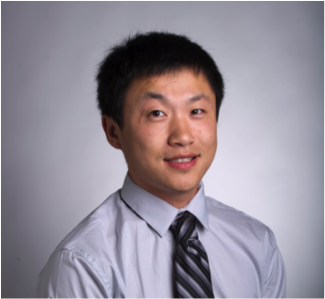
Date:
Location:
Title:
abstract
Nucleic acids are programmable biomolecules that hold great promises as a therapeutic. However, with over 40 years of development, only a handful of nucleic acid drugs ever reached the market. The lack of greater success is in part due to the poor biopharmaceutical properties of naked nucleic acids, which require extensive chemical modification and/or the use of an (often toxic) carrier system. This presentation focuses on the development of two new strategies for transferring genetic materials to cells, which are mechanistically distinct from existing methods. The new systems rely upon the three-dimensional arrangement of oligonucleotides or the use of biologically benign brush polymers to enhance the properties of the nucleic acids. For instance, the oligonucleotide can acquire steric selectivity towards complementary strands vs. proteins, which allows it to bypass many of the side effects associated with protein-DNA interactions.
bio
Dr. Ke Zhang obtained his BS degree in 2005 in Applied Chemistry from Nanjing University of Technology, China. He then studied polymer chemistry with Prof. Karen Wooley at Washington University in St. Louis focusing on shell-crosslinked knedel-like nanoparticles and gene delivery, and obtained a PhD in Chemistry in 2009. Thereafter, Dr. Zhang was a postdoctoral fellow in the laboratory of Prof. Chad Mirkin at Northwestern University to develop hollow spherical nucleic acids, a carrier-free platform for gene regulation. In 2012, Dr. Zhang joined Northeastern University as an assistant professor. His current research includes the design and synthesis of unique polymer superstructures, nucleic acid-polymer conjugates, and drug delivery.
Hosted by Chris Bates. Download event flyer.



